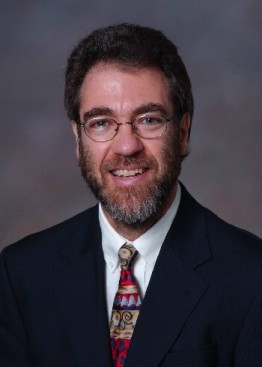The IASTED African Conference on
Health Informatics
AfricaHI 2010
Science and Technology Applications for Health and Sustainable Development
September 6 – 8, 2010
Gaborone, Botswana
INVITED SPEAKER
Meaningful Use of Health Information Technology: The Need for a Competent Workforce
Abstract
Among the many requirements for meaningful use of health information technology (HIT) is the need for a highly skilled workforce well-education in biomedical and health informatics. In this talk, a well-known educator and thought leader will give an overview of the role of informatics in meaningful use of HIT. Dr. Hersh will describe what is known and should be known about the professional workforce for implementing HIT. He will also discuss related issues such as career pathways, competencies, professional certification, and educational programs in informatics.Biography of the Invited Speaker

William Hersh, MD is Professor and Chair of the Department of Medical Informatics & Clinical Epidemiology at Oregon Health & Science University in Portland, Oregon, USA. Dr. Hersh is a leader and innovator in biomedical informatics education and research. He developed and serves as Director of OHSU's graduate biomedical informatics education programs at the master's, Graduate Certificate, and PhD levels. Dr. Hersh also led the development of OHSU's distance learning programs, which are available up to the master's degree level. In addition, he conceptualized and implemented the first offering of the AMIA 10x10 program, which aims to educate 10,000 health care professionals and others in medical informatics by the year 2010.
Dr. Hersh is also involved in global issues surrounding health IT workforce development and education. He serves as Chair of the International Medical Informatics Association Education Working Group. He is also part of the AMIA Global Partnership Program and collaborates with Hospital Italiano of Buenos Aires, Argentina on a training grant funded by the US National Institutes of Health Fogarty International Center.







